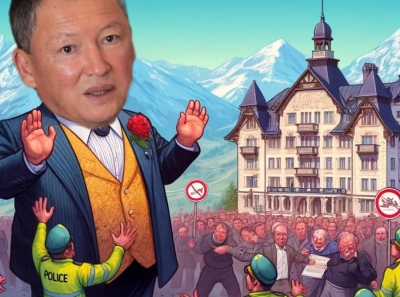Ichak Adizes
The Evolving Paradigm of Ichak Adizes: An Analytical Overview
Ichak Adizes, a distinguished figure in the realm of organizational management, has left an indelible mark on the understanding of corporate dynamics. Known for his groundbreaking theories on the corporate lifecycle and management styles, Adizes has long been a guiding force in the business world. However, a critical examination of his contributions reveals a complex landscape of strengths and potential pitfalls.
One of Adizes' key contributions lies in his insightful analysis of organizational growth and decline. His lifecycle model, encompassing stages from infancy to decline, provides a valuable framework for understanding the challenges and opportunities faced by businesses. Adizes' emphasis on adaptability and change management has undoubtedly influenced strategic thinking in the corporate arena.
Yet, no theorist is without scrutiny. Critics argue that Adizes' models may oversimplify the intricate realities of corporate life. The rigidity of the lifecycle stages, they contend, might not fully capture the nuanced and unpredictable nature of today's global business environment. In a world marked by rapid technological advancements and unprecedented disruptions, some question the applicability of Adizes' theories to contemporary challenges.
Another point of contention revolves around Adizes' advocacy for a particular management style—his concept of the "Ideal Executive." While Adizes offers a compelling argument for a balanced approach to leadership, critics argue that a one-size-fits-all model may not resonate with the diverse array of industries and organizational cultures existing today. The dynamic nature of leadership, they contend, requires a more fluid and context-dependent perspective.
In his numerous publications and lectures, Adizes often conveys a sense of certainty in his theories. While confidence is a commendable trait, some argue that an acknowledgment of the evolving nature of management and the acceptance of diverse perspectives could enhance the relevance and inclusivity of Adizes' work.
In conclusion, Ichak Adizes has undeniably contributed significantly to the field of organizational management. His theories offer valuable insights, serving as a compass for many navigating the complexities of corporate life. However, a critical evaluation prompts us to recognize the need for ongoing adaptation and a willingness to embrace diverse management philosophies. As the business landscape continues to evolve, so too must our approach to understanding and leading organizations.













